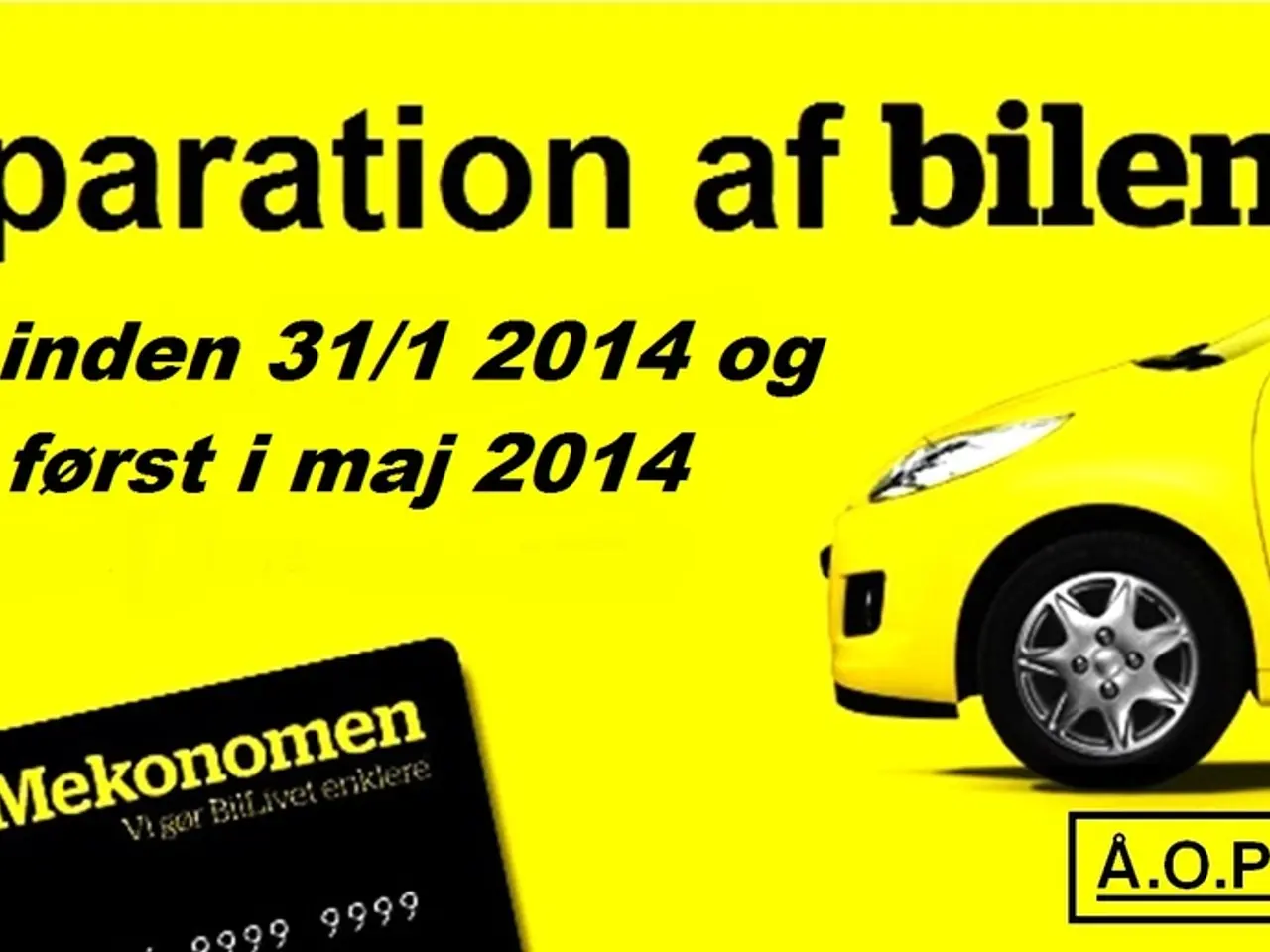Switching to Electric Heating in DPE Beginning 2026
## News Article: France to Overhaul Energy Performance Certificates for Homes
France is set to revamp its Energy Performance Diagnosis (EPD) system for homes, with the changes scheduled to take effect on July 9, 2025. The reform, which aims to better reflect the country's energy mix, particularly its largely decarbonized nuclear power sector, will make electric heating more favorable in the EPD of dwellings.
Currently, 5.8 million homes in France are classified as F or G on the Energy Performance Certificate (EPC), signifying poor energy efficiency. The reform is expected to remove 850,000 dwellings from the energy-wasting category, providing a significant step towards reducing energy consumption in the country.
Nicolas Goldberg, an energy expert at Colombus Consulting, stated that the reform aims to correct EPCs that currently disadvantage electricity for small surfaces, used for heating or hot water. This unequal treatment has so far penalized dwellings heated by electricity, a bias the reform intends to correct.
As it stands, natural gas benefits from a coefficient of 1, which is more advantageous than electricity. However, the reform will change the conversion coefficient for electricity, used to calculate the actual energy consumed, from 2.3 to 1.9. This adjustment is expected to correct a bias in the EPD system.
Furthermore, the reform prevents certain dwellings under 40m2 from being classified as thermal draughts because they are on electricity, whereas they wouldn't have been if they were heated by gas. This change addresses an inconsistency that has favored gas-heated dwellings over their electric counterparts.
In addition to these changes, from July 1, 2025, EPD providers in France must present a QR code proving their certification. From September 1, 2025, each EPD report must include a QR code linking to the DPE web address on the Ademe website. From October 1, 2025, software must send the DPE to Ademe before displaying energy and climate labels, to prevent owners from influencing results.
The publication of the order for the modification is scheduled for September 2025, with a public consultation expected to be launched in the coming days. The Prime Minister has announced that the change will allow for more effective targeting of energy renovation grants on dwellings heated by fossil fuels, with the modification to the EPC expected to come into effect on January 1, 2026.
The EU Energy Performance of Buildings Directive, which guides EU member states in improving the energy efficiency of buildings, supports these broader efforts to enhance building energy performance across the EU. However, for detailed information about specific changes to EPC calculations for electric heating and their impact on energy-wasting dwellings in France, it might be necessary to consult more recent or specialized sources, such as official French government announcements or real estate industry updates.
[1] https://www.franceinfo.fr/economie/environnement/l-obligation-de-transmettre-le-dpe-a-l-ademe-avant-de-l-afficher-devrait-entrer-en-vigueur-le-1-octobre-2025,20220506-103346 [2] https://www.developpement-durable.gouv.fr/actualites/le-programme-national-bas-carbone-2022-2030-adopte-par-le-gouvernement.html [3] https://www.legifrance.gouv.fr/affichCodeArticle.do?idArticle=LEGIARTI000046464406&cidTexte=LEGITEXT000006072373&dateTexte=20220609 [4] https://www.legifrance.gouv.fr/affichCodeArticle.do?idArticle=LEGIARTI000046464406&cidTexte=LEGITEXT000006072373&dateTexte=20220609 [5] https://ec.europa.eu/info/publications/epbd-2018-review-final-report_en
Science, environmental-science, and renewable-energy industries may have a significant role in the revamped Energy Performance Diagnosis (EPD) system for homes in France. The reform, which addresses a bias in the EPD system that has disadvantaged electricity for small surfaces used for heating or hot water, will likely aid in promoting the use of electricity as a source of energy, particularly for renewable sources. Consequently, this change could contribute to reducing the country's energy consumption from fossil fuels, aligning with France's objectives in combating climate change and transitioning towards a decarbonized economy. Finance, specifically in the real estate sector, might also encounter adjustments due to the reform's impact on the Energy Performance Certificates (EPCs) of dwellings.




